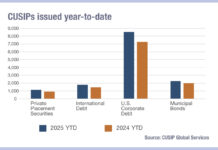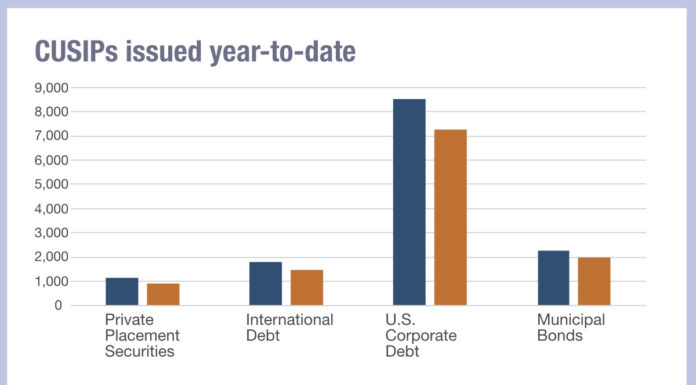
The European Commission (EC) has adopted a Capital Markets Recovery Package, as part of the Commission’s overall coronavirus recovery strategy which includes increased leniency around the 2018 Markets in Financial Instruments Directive (MiFID II) requirements, including suspension of best execution reports.
Valdis Dombrovskis, EC executive vice-president responsible for an Economy that Works for People, said, “Capital markets are vital to the recovery, because public financing alone will not be enough to get our economies back on track. We will present a wider Capital Markets Union Action Plan in September.”
The EC has made the changes in order “to reduce some of the administrative burdens that experienced investors face in their business-to-business relationships.”
MiFID II and its associated regulation MiFIR have long faced criticism for increasing the level of reporting and data collection without improving investment outcomes or execution quality.
The amendments put in place refer to requirements that the EC had already identified during the recent MiFID/MiFIR public consultation as being “overly burdensome or hindering the development of European markets.”
Best execution reports for trading are mandated under Article 27(3) of MiFID II for each trading venue, systematic internaliser for financial instruments subject to the trading obligation and each execution venue for other financial instruments.
They have to make available to the public data relating to the quality of execution of transactions on venues with reports detailing about price, costs, speed and likelihood of execution for individual instruments, which are further described in RTS 27.
The EC noted that, “Stakeholders indicate that the reports are rarely read by investors, evidenced by very low numbers of downloads from their website. It is therefore assumed that investors cannot or do not make any meaningful comparisons between firms on the basis of this data. Buy-side firms informed us furthermore that they receive all the relevant information on best execution through other means (e.g., via brokerage meetings).”
According to the Commission, the COVID-19 crisis has increased the urgency in addressing problems with regard to the “costly production” of the best execution reports.
The requirement to publish the best execution reports has therefore been suspended to free up resources currently used for production of the report, without requiring firms and venues to invest in costly implementation.
The EC noted that this will not lead to a decrease of investor protection since investors currently do not read the reports at all and buy-side firms receive the relevant information through other means. In the context of the full review of MiFID II in 2021, the Commission will assess whether the requirement to publish the report should be deleted permanently, or if the reports need to be reintroduced in a revised manner.
In a statement the EC said, “The current crisis makes it even more important to alleviate unnecessary burdens and provide opportunities to nascent markets. The Commission therefore proposes to recalibrate requirements to ensure that there is a high level of transparency towards the client, while also ensuring the highest standards of protection and acceptable compliance costs for European firms.
In parallel, the Commission has today opened a public consultation on amendments to the MiFID II delegated directive to increase the research coverage regime for small and mid-cap issuers and for bonds. In particular, small-to-medium enterprises (SMEs) need a good level of investment research to give them enough visibility to attract new investors.”
©Markets Media Europe 2025


























